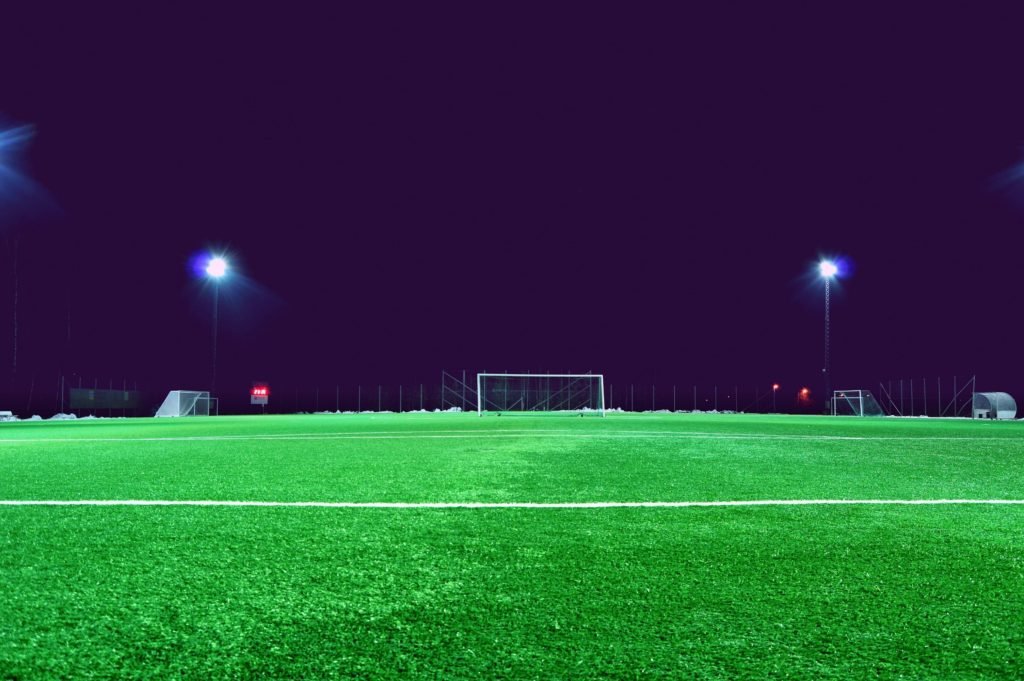
Football, known as the beautiful game, is far more than a sport—it’s a universal language that transcends borders, cultures, religions, and politics. Whether it’s played in a packed stadium, a dusty street, or a remote village field, football has the unique power to bring people together. In a world often divided by differences, this global game provides a rare platform for unity, inclusion, and shared passion.
In this article, we explore how football fosters connection and community at both local and global levels, and why it remains one of the most powerful social tools in the modern world.
A Universal Language Across Borders
One of the most remarkable things about football is its simplicity. All you need is a ball—and sometimes not even that. Across continents, from South American favelas to African townships to urban parks in Europe, the game is played with the same rules, goals, and spirit. People from different countries, speaking different languages, can step onto a pitch and instantly understand each other through the game.
International tournaments like the FIFA World Cup and UEFA Euro Cup are prime examples of football’s unifying potential. Fans from opposing nations sit side by side, dressed in colorful jerseys, singing and cheering together. In these moments, football offers a space where national pride can coexist with mutual respect and admiration.
Bridging Cultural and Social Divides
Football has an extraordinary ability to break down barriers that often divide societies. Clubs and grassroots organizations around the world use football as a vehicle for social integration. In many cities, programs use the game to help refugees and immigrants adjust to their new homes, offering them a sense of belonging and community.
Initiatives like “Football for Peace” and “Street Football World” are just a few of the global efforts using football to address issues like poverty, racial discrimination, gender inequality, and youth crime. By playing together, individuals who may never have met or spoken in daily life find common ground on the pitch.
In areas of conflict, football has even been used as a peace-building tool. Matches between rival groups or nations have often served as starting points for dialogue, reconciliation, and healing. In such contexts, football isn’t just a game—it’s diplomacy in action.
Local Identity and Shared Pride
At the community level, football clubs often serve as cultural cornerstones. Local teams provide identity and pride, offering fans a sense of belonging and collective purpose. Whether it’s a small-town club in Scotland or a village team in Ghana, match days bring people together in celebration and support. These events are more than just sports—they are weekly rituals that strengthen the social fabric of communities.
Youth academies and amateur leagues give children and teens a structured environment to learn values like teamwork, discipline, and respect. In many underprivileged areas, football is a lifeline—a way to stay off the streets, develop life skills, and aspire to a better future.
Celebrating Diversity Through the Game
Football’s global nature means that teams often include players of different ethnicities, religions, and backgrounds. Clubs like Manchester City, Paris Saint-Germain, and Bayern Munich feature multicultural squads that reflect the diversity of modern society. Fans proudly support players regardless of origin, proving that unity can be built through shared passion.
Moreover, the rise of women’s football and growing inclusivity for LGBTQ+ players and fans are expanding the sport’s reach and accessibility. Football is increasingly becoming a platform where everyone can feel represented and celebrated.
Digital Communities and Global Fandom
In the digital era, football fans connect not just in stadiums but also online. Social media, streaming platforms, and fantasy leagues have helped form vast virtual communities that span continents. A fan in Nigeria can discuss match tactics with someone in Argentina, or celebrate a goal with a fellow supporter in Japan—all in real time.
This global conversation around football fosters empathy, cross-cultural appreciation, and collective joy. It turns individual moments—like a spectacular goal or an underdog victory—into shared human experiences.
Final Thoughts: A Game That Brings Us Together
Football’s power to unite lies in its accessibility, simplicity, and emotional resonance. It brings joy to billions, creates lifelong friendships, and builds bridges in places where dialogue alone might fail. Whether it’s fostering peace in divided regions or simply giving kids a place to play and dream, football consistently proves that it’s more than a game—it’s a global force for connection.
As long as there are fields to play on and fans to cheer, football will continue to bring communities together and remind us of what we share, rather than what separates us.
